Trade Union Organizing in Tunisia: LiA Reflection Week 6 (July 28-August 1)
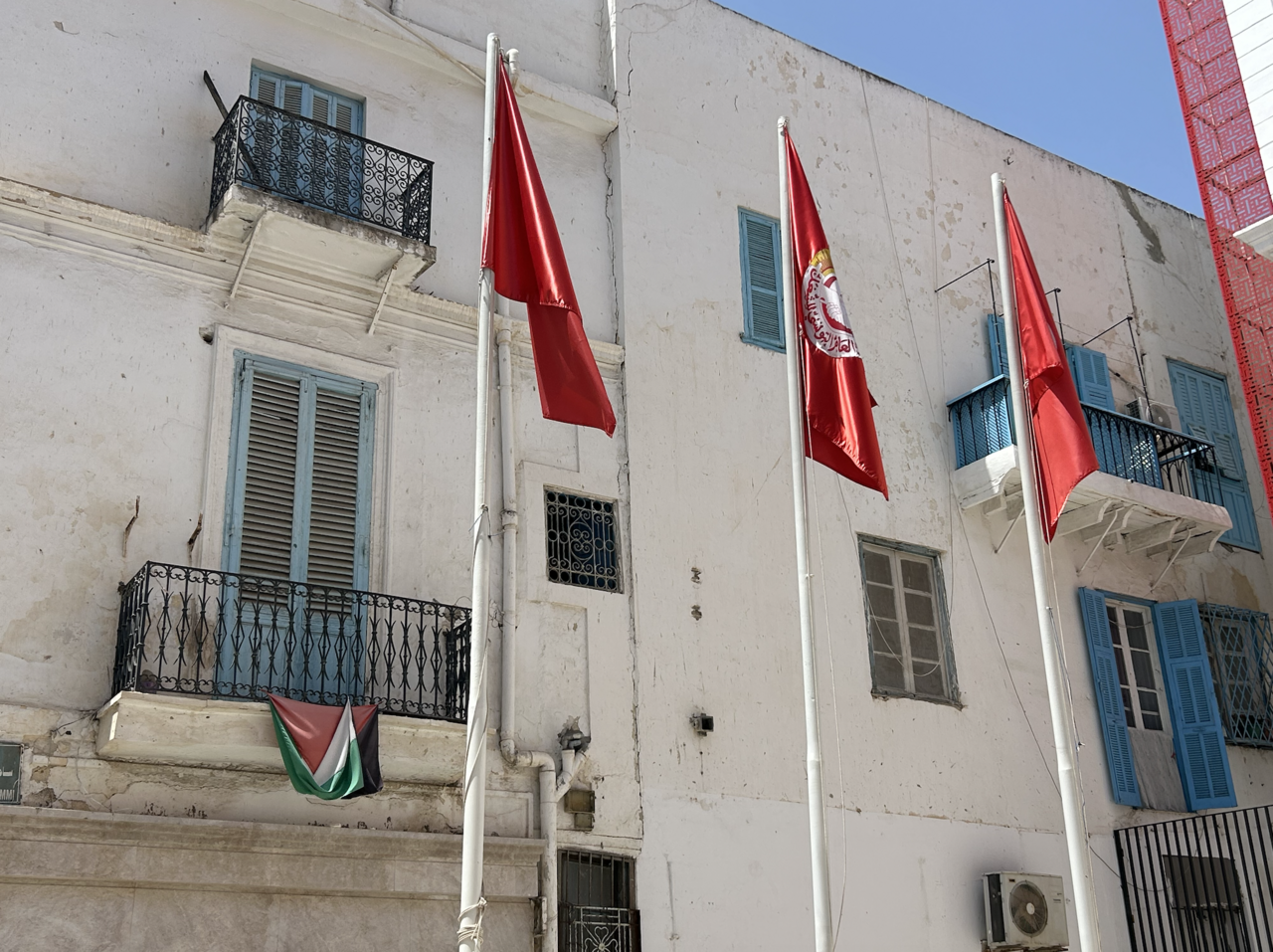
On Saturday morning one week ago, as I waited in line to board my plane departing from Tunis, I for some reason fixated on several photographs displayed on an advertisement through the large glass window across the way. The photos showed parts of Tunisia’s long and storied history, especially its depiction in the art of antiquity: in elaborate mosaics of marine life and mermaids, in the elaborate architecture of its colosseum and ornate villas in Carthage. The reason that I’m bringing this up is because I have never been more certain of anything in my entire life that everything our society considers civilization to be, everything that facilitates or enriches modern life, was made through the labor of workers in history and today.
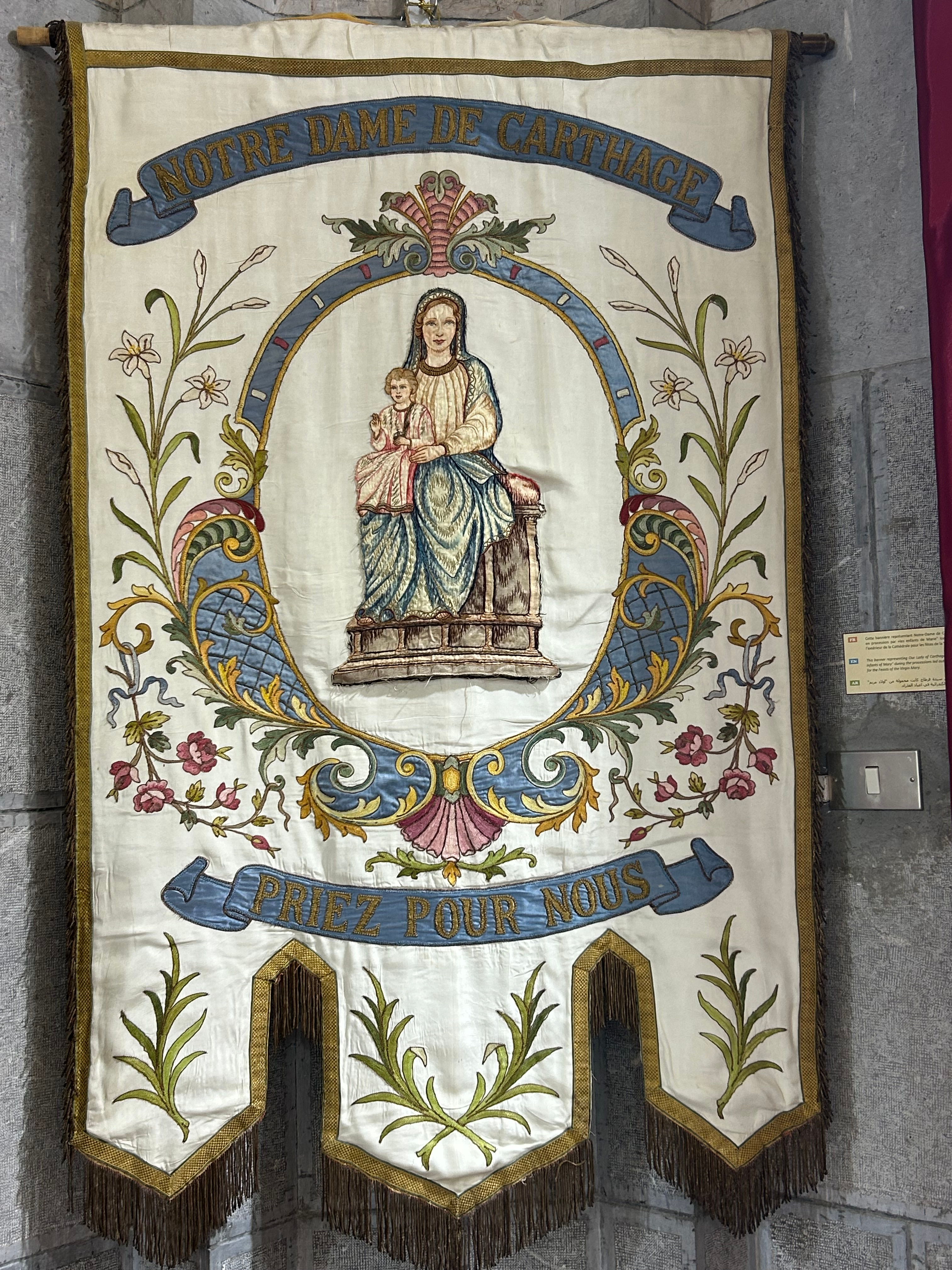
This is something that was elucidated so well in a book that I finished last week, Mother by Russian author Maxim Gorky. Workers have driven everything and they should be given everything in recognition of the integral part that they plan in the facilitation of daily life, in what is mundane and also what is beautiful. Human history is really just the history of labor Gorky said it better than I ever could, speaking about the mother the book is titled for:
“Before her rose huge cities, beautiful buildings, machines, ships, monuments, the inestimable wealth created by the hands of men, and the manifold gifts of nature, whose variety was stunning. Life kept endlessly expanding, opening her eyes to one world after another, exciting her thirsting soul to one wonder after another, exciting her thirsting soul by an exhibition of its lavish treasures, its inexhaustible beauty.”
Even in buying small momentos at the Tunisian Medina for the people I love back home, popping into little souks and looking for trinkets in silver to bring to my little sister, became more significant with the understanding that it is inseparable from broader artisanal history in Tunisia. My host mother, as a parting gift, got me two wonderful books in French, and one of them was on the history of Mohamed Ali, the original founder of the UGTT. I’ve just started the historical account, but from what I have understood thus far, Mohamed Ali’s family were all craftsmen and he was raised in the trade. Thus, the first union can be traced back to the history of artisanal craftsmanship, and the implication of the worker in all stages of the production process, from the design of the item all the way to its finished product, ready to be shared with the world. I was thinking about that a lot, as many of the souvenirs now—though some are certainly still made by hand in Tunisia—are also imported through the global supply chain for souvenir manufacturing.
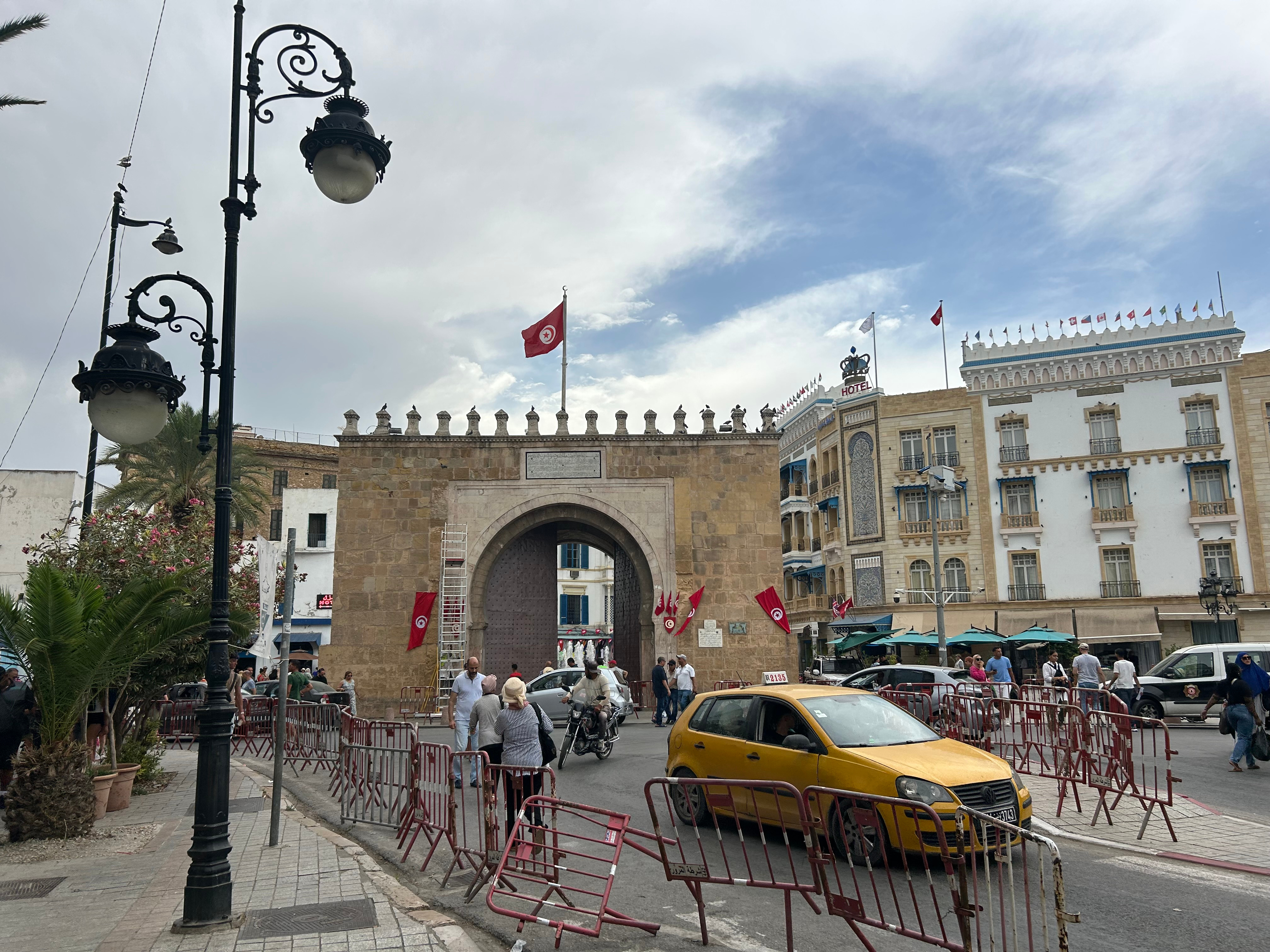
As for the actual work part of this week, things were much more laid back in terms of things to do for my department, so I embarked on a mini project to do a few “exit interviews” (definitely not the correct name) with my coworkers, and to ask specific questions pertaining to my thesis and the differing perspectives at the UGTT about how artificial intelligence will affect work in Tunisia.
On Wednesday, I interviewed one of the leaders of the Department of Young People and Women, a wonderful trade unionist with significant experience in studying the effects of technological work. In response to my questions, he spoke at length about the elevated rates of unemployment for recent college graduates in Tunisia, as well as the feminization of precarity and contract work. As you might know or can definitely imagine, the call for “flexible” technological work is particularly appealing to women who are tasked with household management, childcare, or other forms of emotional labor for their families and friends.
One of the subjects that we discussed that I found most interesting was that in contrast to historical patterns of union repression, many tech workers in Tunisia are highly skilled (speaking multiple languages, possessing advanced computing or interpersonal skills, etc.). And yet, one of the largest “threats” to multinational companies operating in the country is their constitutionally protected right to organize. It goes to show that regardless of the skill level of the worker, regardless of the level of education, union representation and collective organization will also be perceived as dangerous by large companies because they fight against wage theft and worker exploitation.
On Thursday, I spoke with one of my wonderful colleagues in the Department of International Affairs whom I have gotten to know well, and who came into the union organizing world through his participation in university professor organizing. His perspective on how AI will change work is thus deeply informed by his teaching experience, and he discussed his opinion that we must adapt and integrate AI into our operations, or else risk becoming obsolete. He spoke about how, in university classrooms, AI can be a way to increase individual student engagement with materials they learn in class while not increasing the strain of questions asked to the professor; students can therefore ask clarifying questions directly to chatbots to further enrich their education. In general, my colleague believed that AI presented another industrial revolution, but that similar to the industrial revolution, we cannot resist these changes—so we must embrace them, or fear being left permanently behind.
Friday was my last day, and it was so sweet and wonderful, I will remember it forever. My coworkers brought me Tunisian pastries and lemonade that we ate throughout the duration of the day — it was so sweet and meant so much to me! They also got me a beautiful gift, one that I will treasure for the rest of my life. I spent most of the day translating and reviewing more of the technological recommendations for trade unionists at the UGTT across their federations. These recommendations included specific data on the tech platforms that Tunisians use most frequently, as well as a discussion for how to adapt union proceedings to the current digital age.
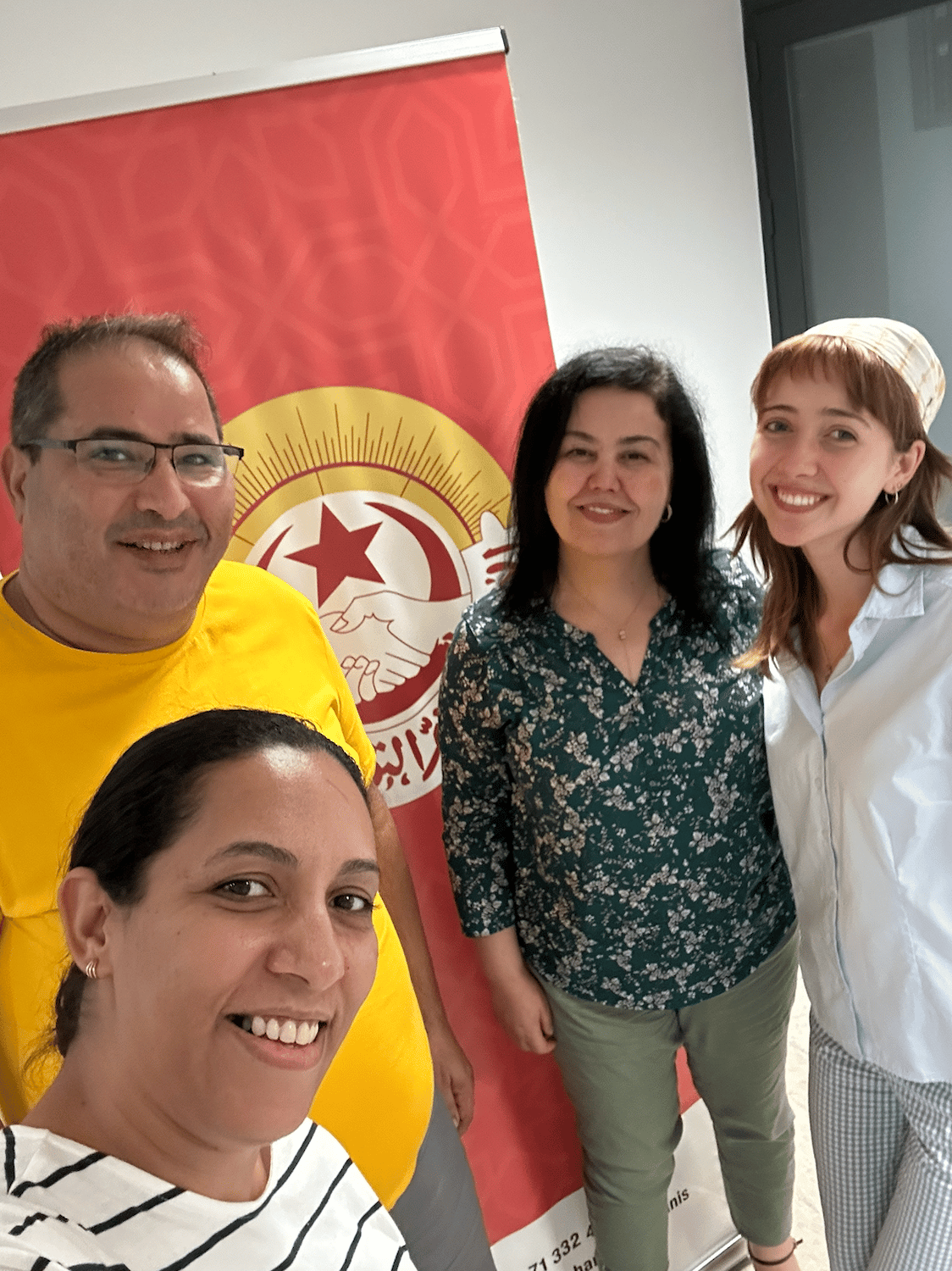
It related very well to the conversation I had the same day with the wonderful head of the Department of International Affairs. She spoke about how union work is fundamentally changing at this moment in time, and that relying on old models of union organizing will be wholly insufficient in adapting to how quickly the world of work is being transformed. General assembly meetings might not function as ways of hearing the voices of all workers. Workplace mapping looks fundamentally different when the workplace as it is traditionally understood does not exist, but is rather a digital interactive space with coworkers from many different regions. Strikes might not be the most effective way to protest unjust or exploitative conditions.
I was telling this to my coworkers in the Department of International Affairs on my last day, but one of the most salient things that I have learned from my time with the UGTT is how much emphasis needs to be placed in a union, but also in a society and a world, on education, consciousness-raising, and political education. I have worked for labor unions in the United States, and I have found it unbelievably educational to see how the approach of the UGTT and of the Tunisian trade labor movement in general differs. One of my theories is that this is linked to the more recent history of the UGTT as opposed to many unions in the US that are entrenched in two hundred-odd years of history, history of exclusion and discrimination.
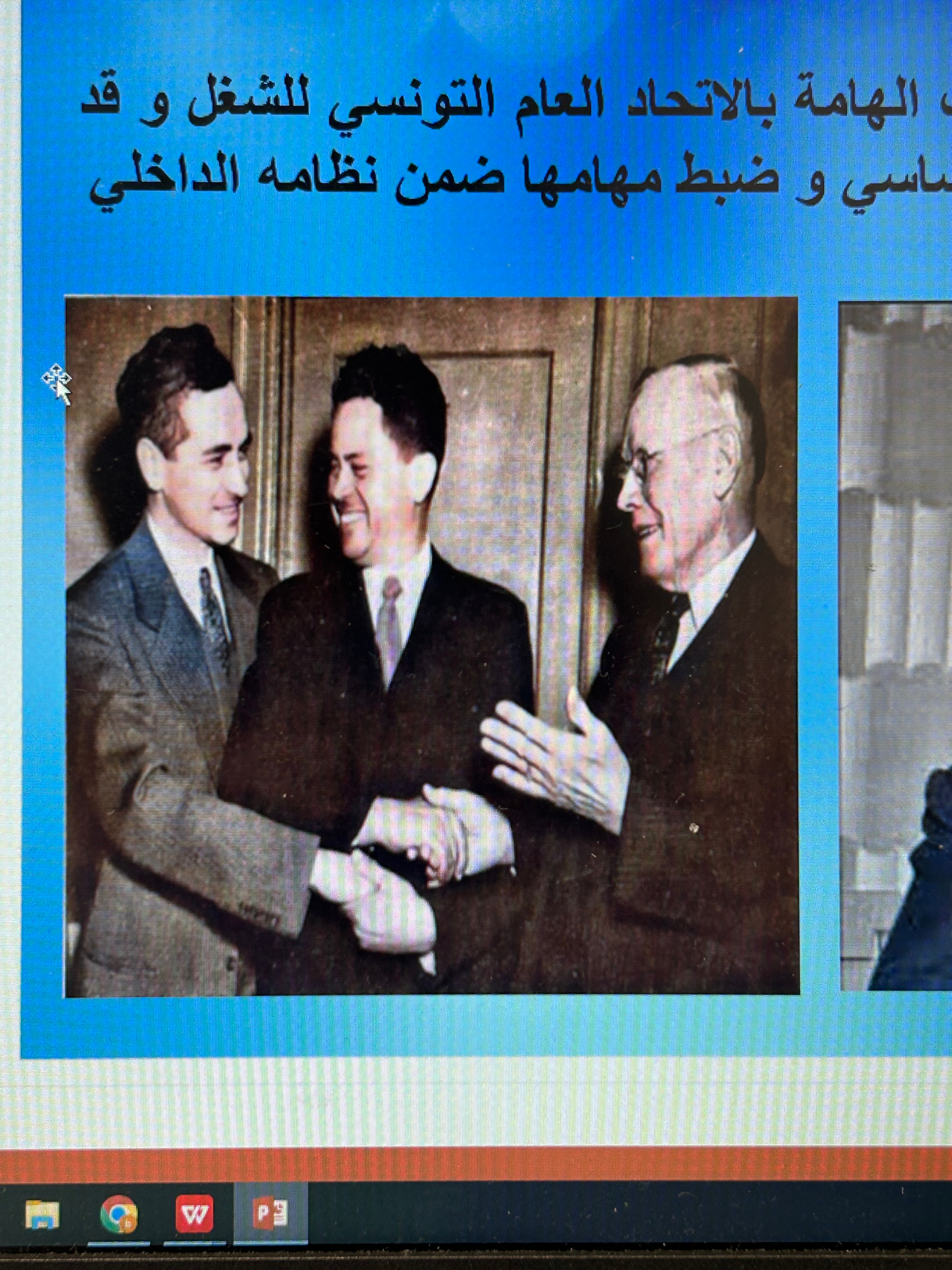
Unions in the US are simultaneously perceived as antiquated and radical. Antiquated because of a real and terrifying tradition of discriminating against and actively harming the lives of migrants, women, and people of color, etc. Radical because of a concentrated campaign against communism led by the American government, notably during the Soviet Union but also much longer and larger in scope, due to the constant fear of the working majority—those who have all of the power. In contrast, the UGTT was born out of a history of liberation. Liberation for the people of Tunisia from French colonialism, liberation for the working people of Tunisia and all the world. They have a tradition of joint struggle that continues today, with the complete understanding at the UGTT that until Palestine is free, no one is free.
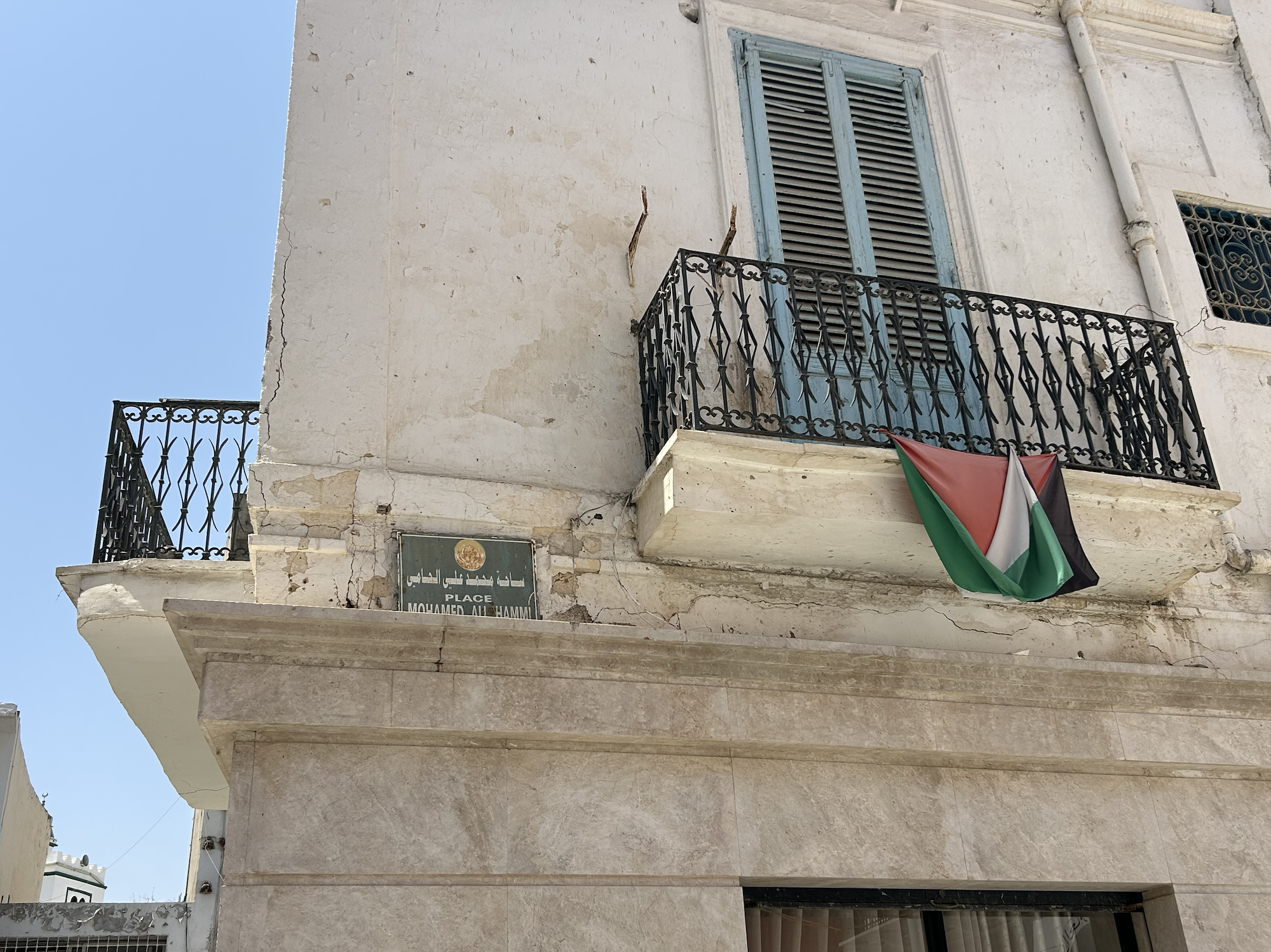
More than anything, though, my time at the UGTT has convinced me wholeheartedly of the importance and of the newly fortified possibility of a global worker movement. Artificial intelligence and new information technologies are terrifying and threaten not only the world of work, but our world itself, because of the unbelievable environmental strain they cause to our environment. At the same time, though, the “connectedness” of these new technologies, the “flattening” of our world means that for the first time in history, we not only have the forms and networks to facilitate the kind of global collaboration that our current moment demands. It also means that the cracks in our economic system are showing.
It is no longer possible to ignore the fact that we are all interconnected, and that every decision made by a worker in Tunisia, a consumer in the United States, has ripple effects that reverberate around the world. That gives me tremendous hope. There is immense possibility in this world of connectivity, there is expanded ability to restore worker voice, there is enormous power latent in the fact that unions can borrow international tactics and learn from the storied past. But it requires that we use the tools currently at our disposal for action—with an understanding that theorizing must be the germinating seed for action, or else it is useless.
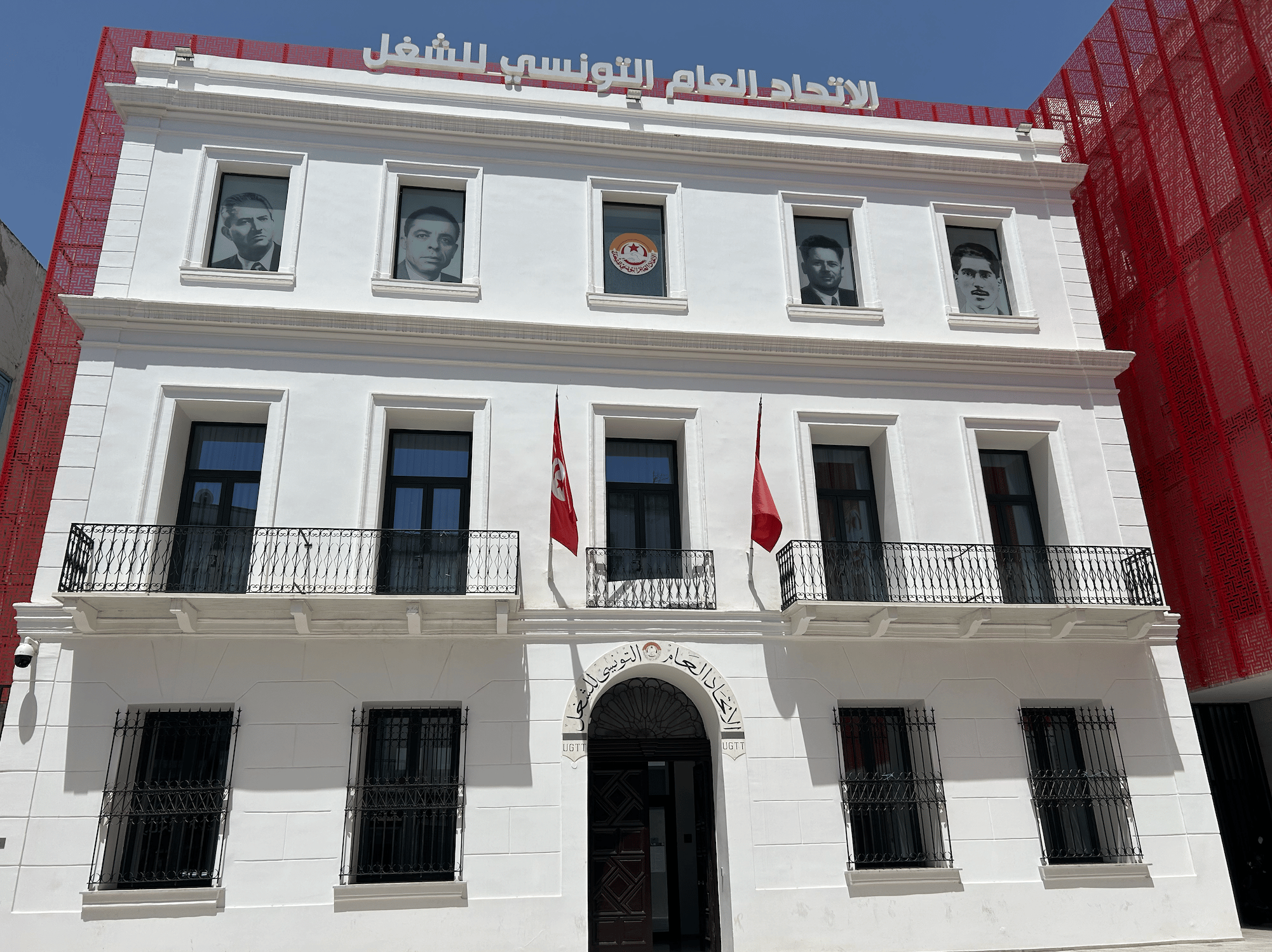





Please sign in
If you are a registered user on Laidlaw Scholars Network, please sign in